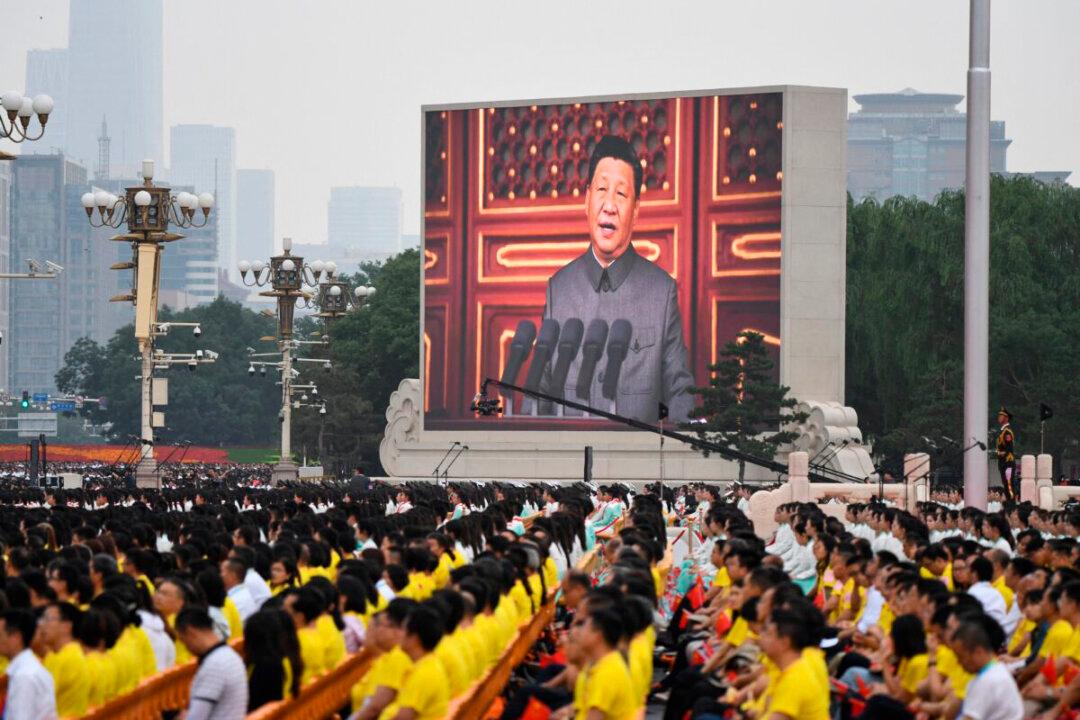WASHINGTON—The chaotic U.S. departure from Kabul has presented a “golden opportunity” for China, but testing U.S. resolve over Taiwan’s independence would be a big miscalculation on Beijing’s part, according to experts.
Through its media, the Chinese Communist Party (CCP) has been pushing the narrative that “the U.S. is not reliable” and that Washington would leave Taiwan in the lurch just like its “Afghan abandonment,” should Beijing invade the island.





